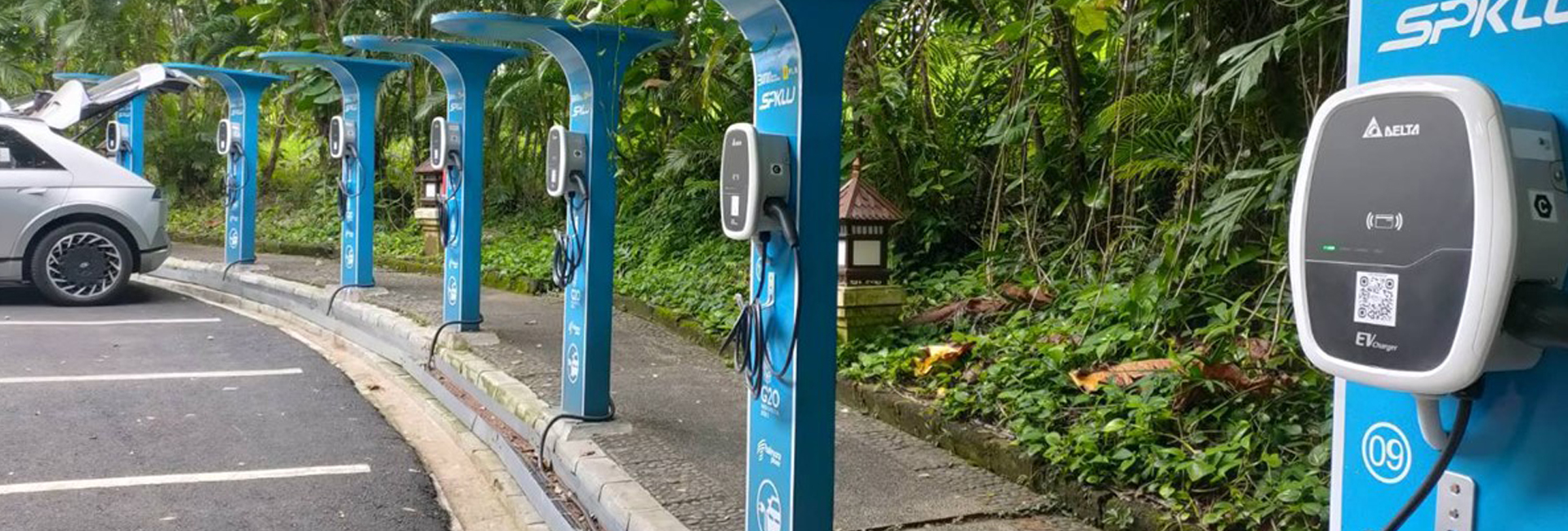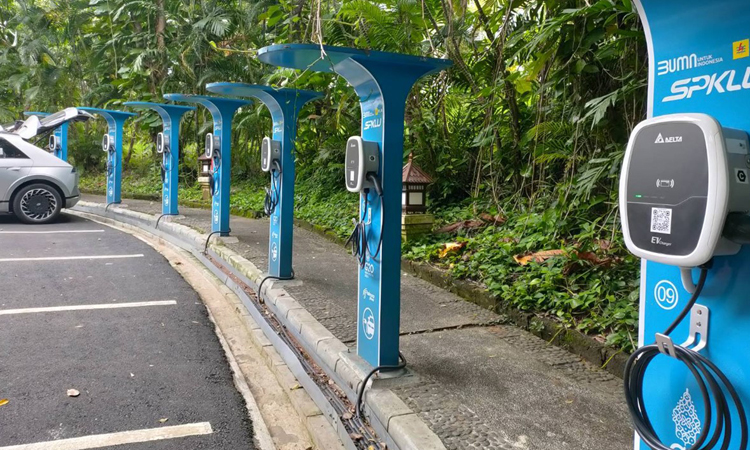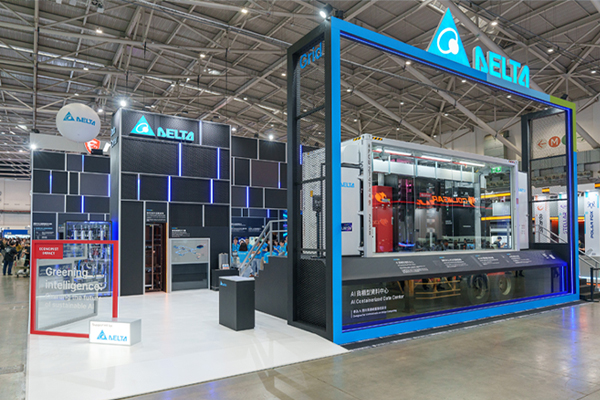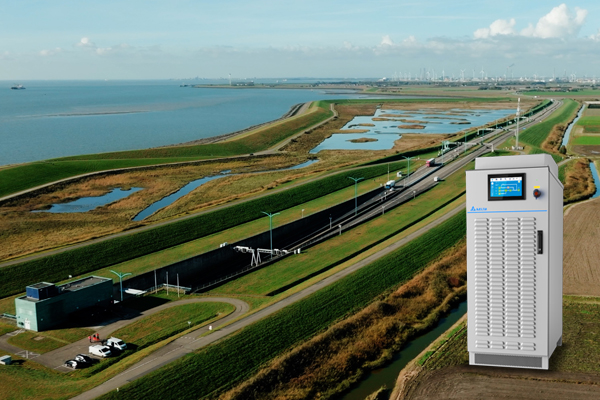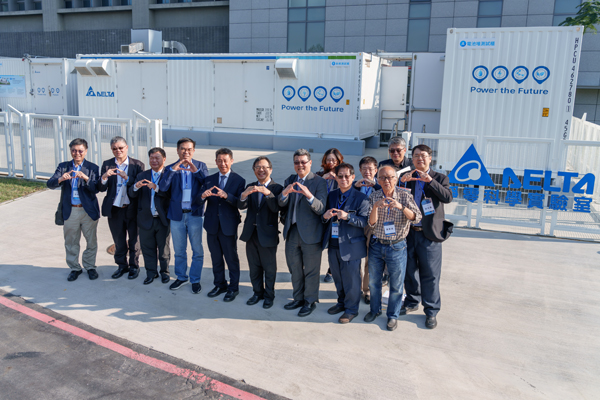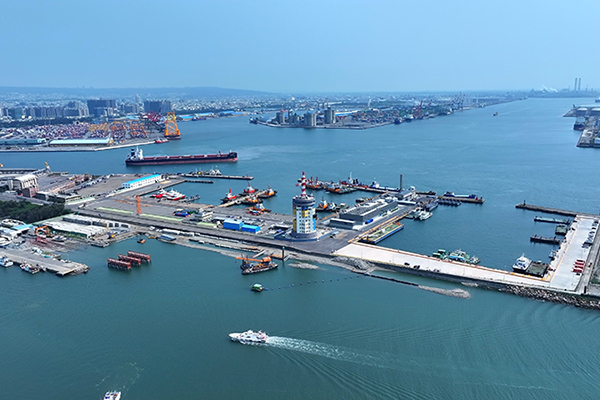Delta lays out EV chargers in India market to facilitate low-carbon transportation transformation In India, unstable power supply and power outages are still common phenomena for the locals, and the power supply in rural areas is in a more dreadful state. However, as the third largest automotive market in the world, demand for EVs in India is still strong and it is expected that India will ship more than one million electric vehicles (including two-wheelers, three-wheelers, public buses and general buses) this year. Optimistic about the business opportunities brought by the local power instability, Delta began to tap into India's EV charging infrastructure many years ago. Delta has shipped more than 7,000 units across India so far and counts largest local charging pile supplier TATA Power, a subsidiary of Tata Group, BPCL, India's second largest oil company, as well as energy companies such as BESCOM, which actively advocated the installation of EV chargers in the state as partners.
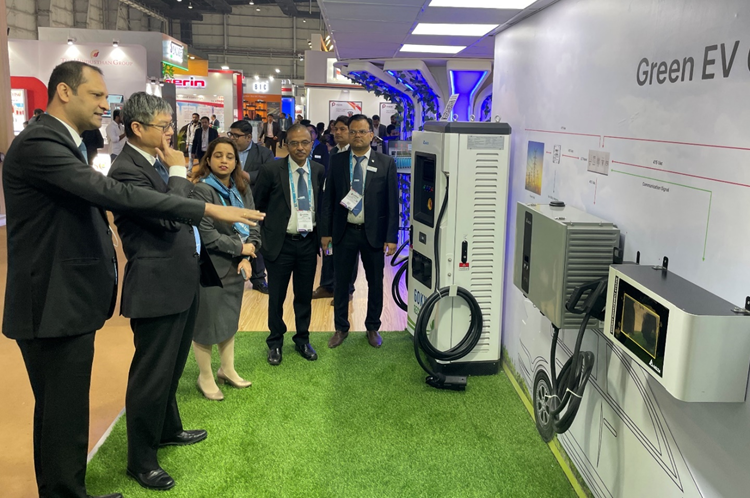
Delta showcased EV charging infrastructure at Elecrama 2023, integrating EV charging equipment, energy management, energy storage systems, solar inverters and other products with microgrid architecture.
At ELECRAMA 2023, India's largest power electronics and energy exhibition this year, Delta created an EV charging infrastructure scenario with green charging as the concept, showcasing a variety of EV charging equipment, from 7kW wall-mounted AC EV chargers for use at residential and commercial spaces to 240kW DC EV chargers for fast charging stations. In addition, in response to the unstable power grid supply, there were demonstrations on site of a power regulation system that assists in regulating the power grid of charging stations and has a conversion rate of 97.8% which can be complemented with energy storage equipment and solar power systems to help stabilize the local power supply.
Delta provides EV charging solution for G20 Summit to respond to global climate sustainability issues Indonesia is the world's largest producer of nickel ore and nickel is one of the important materials for battery cells. The local government had leveraged on natural resources to create a holistic EV ecosystem, striving to become a vital part of the global EV industry. There are more than 2,000 EV chargers manufactured by Delta in Indonesia to meet the charging needs of electric buses, electric passenger cars, and electric locomotives. These EV chargers have back-end system integration technology and software connection capabilities to improve the operation and management efficiency of charging stations. Delta EV chargers provide EV charging solutions for the G20 and B20 summits
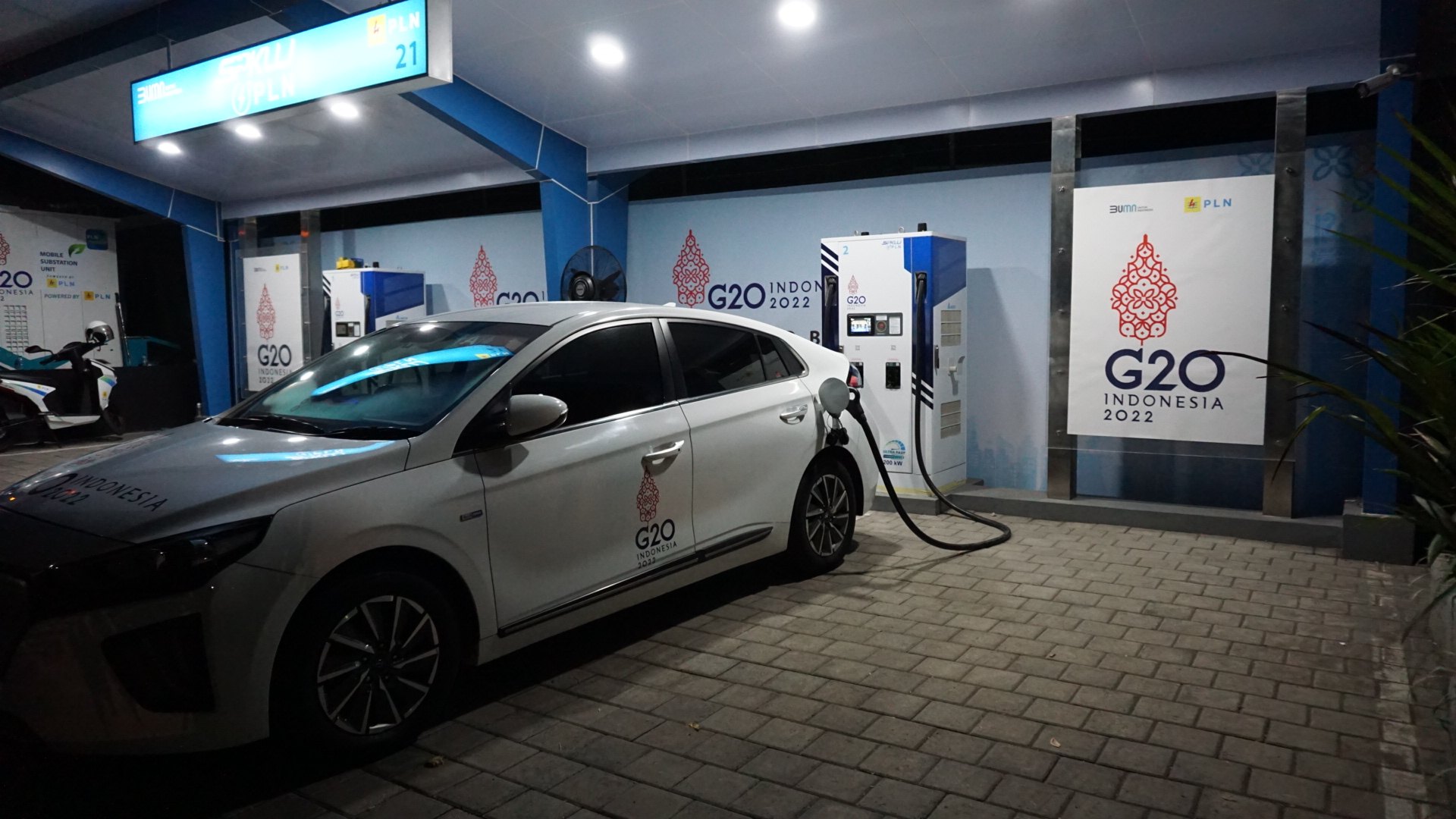
Delta’s EV chargers provide EV charging solution during G20 and B20 Summits
During the G20 Summit in Bali, Indonesia, Delta formed a tri-party collaboration with the Indonesian state-owned electric power company, Indonesian national oil company and Hyundai Indonesia to provide EV charging solutions for the G20 and B20 Summits. Some 250 AC and DC EV chargers were installed at the parking lots of the venue and the hotels where guests were staying, providing charging services for close to 1,000 EVs. Nearly eighty percent of the local EV EV chargers were provided by Delta. In addition, the Delta technical team was stationed on site to provide immediate support to ensure a flawless charging experience for car owners. There were 200 AC EV chargers and 46 DC EV chargers, including 200kW DC fast EV chargers and 25kW wall-mounted DC EV chargers installed at the charging stations set up by Indonesia's state-owned power company, Indonesian national oil company and Indonesian Hyundai Motor. Most of these were installed in the Nusa Dua Convention Center in Bali while the rest were distributed around surrounding shopping malls, parking lots and hotels hosting international representatives, serving nearly 1,000 EVs during the summit. After the summit, the above-mentioned Indonesian state-owned enterprises plan to set up EV chargers in all major cities to spur the local EV ecosystem.
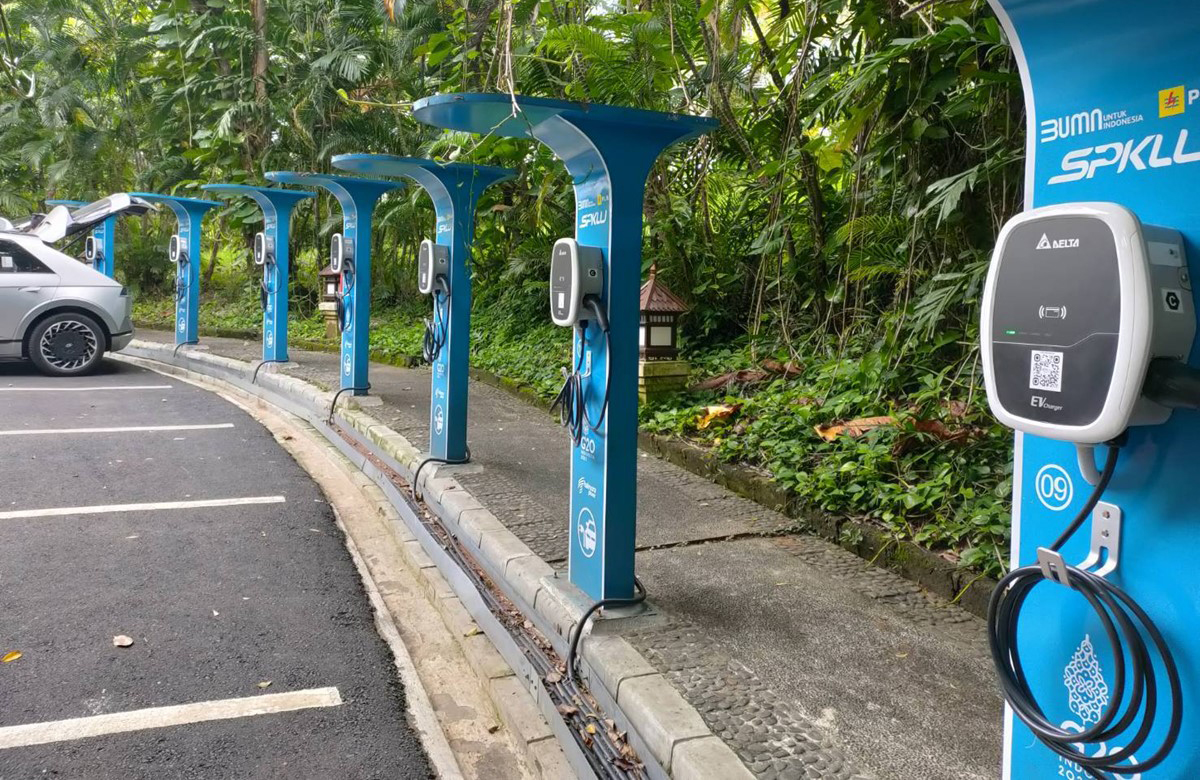
Delta partnered with local power and oil companies to jointly introduce nearly 250 AC and DC EV chargers to serve nearly 1,000 EVs.
Delta’s energy infrastructure solution helps transform global electromobility Delta EV chargers comprise of a full suite of EV chargers, including AC EV chargers and DC EV chargers with different charging powers, to provide suitable equipment for various charging fields. The EV chargers are integrated with solar energy systems, energy storage systems, EV charging, and energy management systems to create EV charging infrastructure solutions and facilitate power dispatching and regulation of charging stations. As of end of 2022, Delta has shipped 2 million EV EV chargers worldwide. Moving forward, in addition to continuing to be entrenched in developed countries such as Europe and the United States, we will also strengthen the penetration of emerging markets to accumulate years of successful experience, assist emerging markets in driving the process of low-carbon transportation, assist transformation of local electromobility, and achieve the goal of net-zero emissions.
[1] Climatescope 2022:Emerging market electrified transport factbook, BloombergNEF, Sofia Maia




